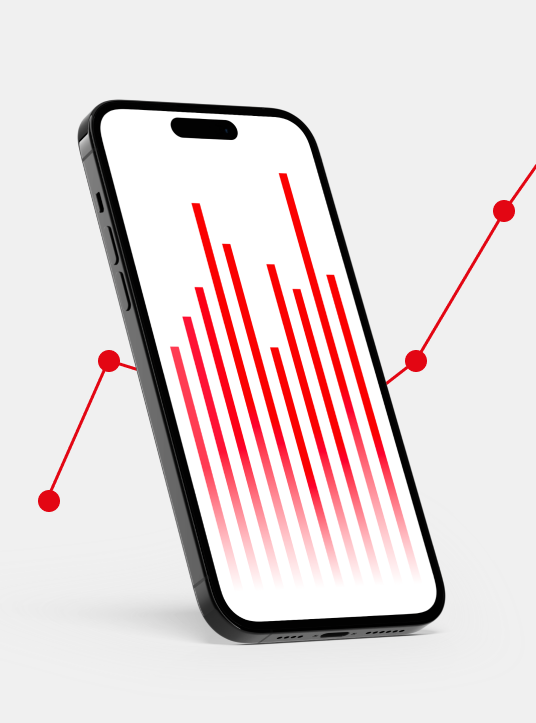What are the differences?
Initially, working with Google Analytics 4 may take some getting used to, but compared to Universal Analytics, Google Analytics offers many advantages for your business processes. Speaking of opportunities:
Website and app measurements in a single Analytics property
In Google Analytics 4, it is possible to combine web and app data into a single property. This allows you to gain better insights into the customer journey across both web and app environments.
News ways of measuring
When Universal Analytics was built, the focus was primarily on website measurement. That approach is now outdated. GA4 uses a new event-based data model, offering more flexibility. This means you can combine app and web data, and Google Analytics 4 is not solely reliant on cookies. This is particularly relevant in the cookieless era.
Start with BigQuery for free
More and more companies are setting up a data warehouse to collect data from relevant (marketing) data sources. This data is then combined, visualized, and analyzed. The BigQuery integration allows you to store all raw Analytics data in your data warehouse.
Greater focus on privacy
Google Analytics 4 provides more extensive privacy settings. For example, Google has indicated that IP addresses are not stored.
Integrations with other Google products
Google Analytics 4 has various integrations with other Google products, such as Google Ads, Google Search Console, and Google Optimize. Recently, the Search Ads 360 and Display Ads 360 integration for Google Analytics 4 has also been rolled out, allowing you to activate your audiences and conversions through the Google Marketing Platform.





